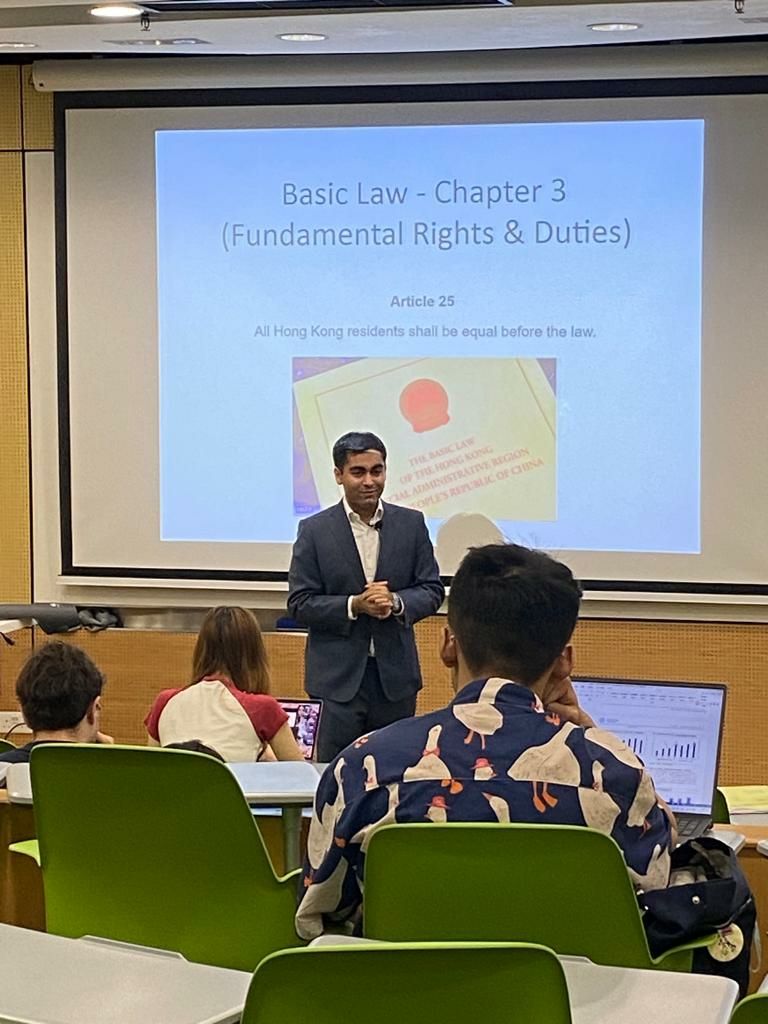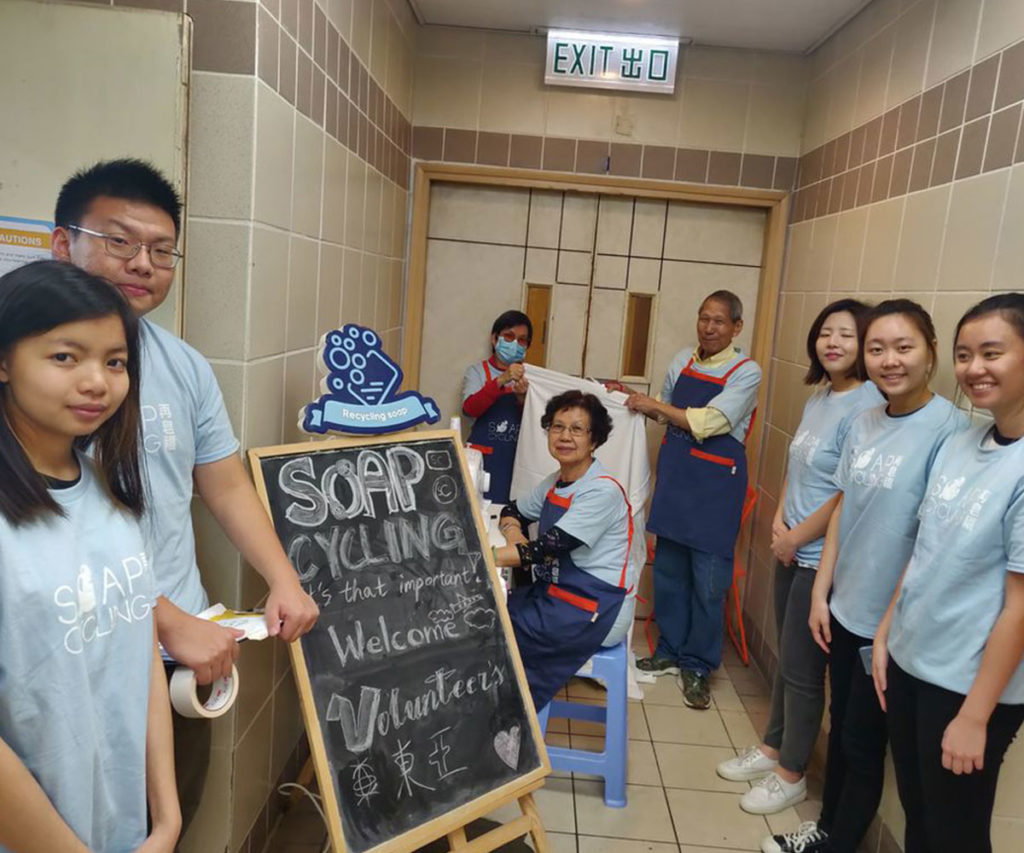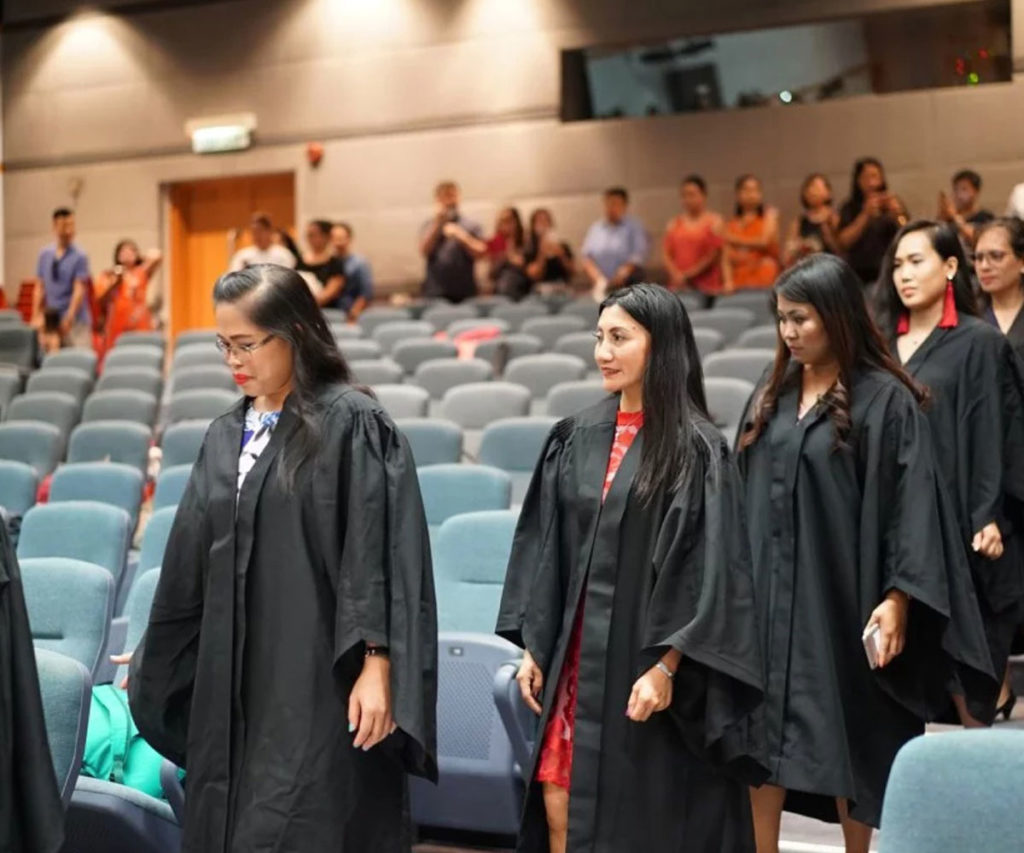Suhail Bindra is a social entrepreneur, educator, and previously a Legal Case Manager at Equal Justice Hong Kong. He was nominated by Foundation for Shared Impact (FSI) to receive its Board Director Training with the sponsorship of PwC.
Since completing the training, Suhail has joined the boards of Migrasia, EmpowerU, and Hong Kong Academy.
Tell us how you joined FSI’s Board Director Training, Suhail?
I was working at an NGO in Hong Kong, and I actually know David Bishop (course instructor) personally from many years ago – I met him in 2013. He mentioned at one point that there was a sponsored seat available at the Foundation for Shared Impact, which was sponsored by PwC for social impact leaders.
This topic really interests me and board director training would be something I’d love to engage with, and it would help me progress in the positions that I would take on thereafter.
After the training, I went on to join two boards quite quickly. First was the Hong Kong Academy Educational Foundation Limited. It’s an international school based in Sai Kung. And the second is Migrasia, which is an NGO that helps migrants and underserved communities.
Why did you choose these two boards to join?
I’m actually an alumni of Hong Kong Academy. I graduated from the IB diploma program from that school. The role of a board is very high level, and it also involves defining the mission and vision and high-level strategy of an institution. The institution was quite young and didn’t have any alumni on the board. As alumni, I can be completely independent. Let’s say we have to vote on fee structures and so on. Because I don’t have any specific conflict of interest, I can add some additional value to defining the mission and vision and bringing an independent perspective in the way a non-executive director could.
As for Migrasia, I have always been passionate about migrants and assisting people who are under-served. I have worked with various different organizations before doing reform on laws and also assisting on discrimination-related matters when I was working at a law firm and an NGO, so I thought it would be a good opportunity to get involved at the board level with Migrasia to see how we can define the mission and vision and structure the programs in a way that would maximize the impact for our stakeholders.

What was your expectation before the training, and how did it turn out to be?
I think that when you do a training, normally you expect to be spoken to for a long time, but this training was very different as it was quite interactive.
We had a lot of breakout sessions and it had a lot of case studies. That’s what made it more impactful, because as much as you learn from the instructors, they are, in effect, facilitators of learning. FSI was able to effectively facilitate peer-to-peer learning, because it was a congregation of very experienced NGO leaders and corporate professionals. I actually found myself as the least experienced amongst the participants, and therefore, the one that could possibly gain the most from the experience. I didn’t expect the training to be so interactive and so practical, but I was very surprised and very happy with the way that it turned out.
What is your greatest takeaway from the training?
There were a lot of interesting new concepts, like moral disengagement and a cycle of fraudulent behavior. When we think about these issues, we often think about them as isolated issues, but there is really a systems-based approach that allows us to ensure that people act in the best interests of the company.
Having procedural safeguards and risk management protocols, including internal controls in place, is so important. Because I have a legal background, I was aware of the fiduciary duties of directors, but I think the accounting and the risk management aspect was something that was a little bit newer. Also, the training really clarified what the role of the board is in relation to the rest of the organization. It’s taking that high-level approach and also making sure that you’re well-informed to take that high-level approach.
A great takeaway, especially from the case studies, is that you need to seek accurate, reliable, and timely information in order to make effective decisions on the board and reduce institutional risk.

Now that you are sitting on two new NGO boards, what are the goals that you are setting for yourself as a board member? What are your priorities?
My priority is diversity and inclusion, be that for women, more people of different ethnicity, and also different age ranges as well. I think the idea is highlighted in the case study about Elizabeth Holmes.
Having people who are able to commit the time, expertise, and resources to the board is very important, rather than just looking at prestige. The number of social connections are social capital that a director can bring to the board. If we look at the risks of going down that route, we can find a path towards more diversity and inclusion and value to skills and time.
How would you describe FSI’s Board Director Training? And would you recommend it to other people?
I think it’s an effective layout in the sense that there is the offline component and then a real-time Zoom training, so you can move at whatever pace you want. And it also caters for people with different schedules. If you’re unable to attend the live session, it’s recorded and it’s uploaded on the learning platform. The live training session is very interactive. I would recommend that you attend the training if you have time, because it will help enhance or refresh your knowledge of the basic principles around board governance and being a director.




